How Long Do Car Ball Bearings Last?
Every vehicle depends on crucial components for seamless operation.Ball bearings on a car, especially wheel bearings, are paramount among these, ensuring smooth rotation and reduced friction, which bolsters the vehicle's overall performance. Recognizing the lifespan of these ball bearings is not merely a technical detail; it's essential for optimal vehicle maintenance, safety, and peace of mind for the owner.
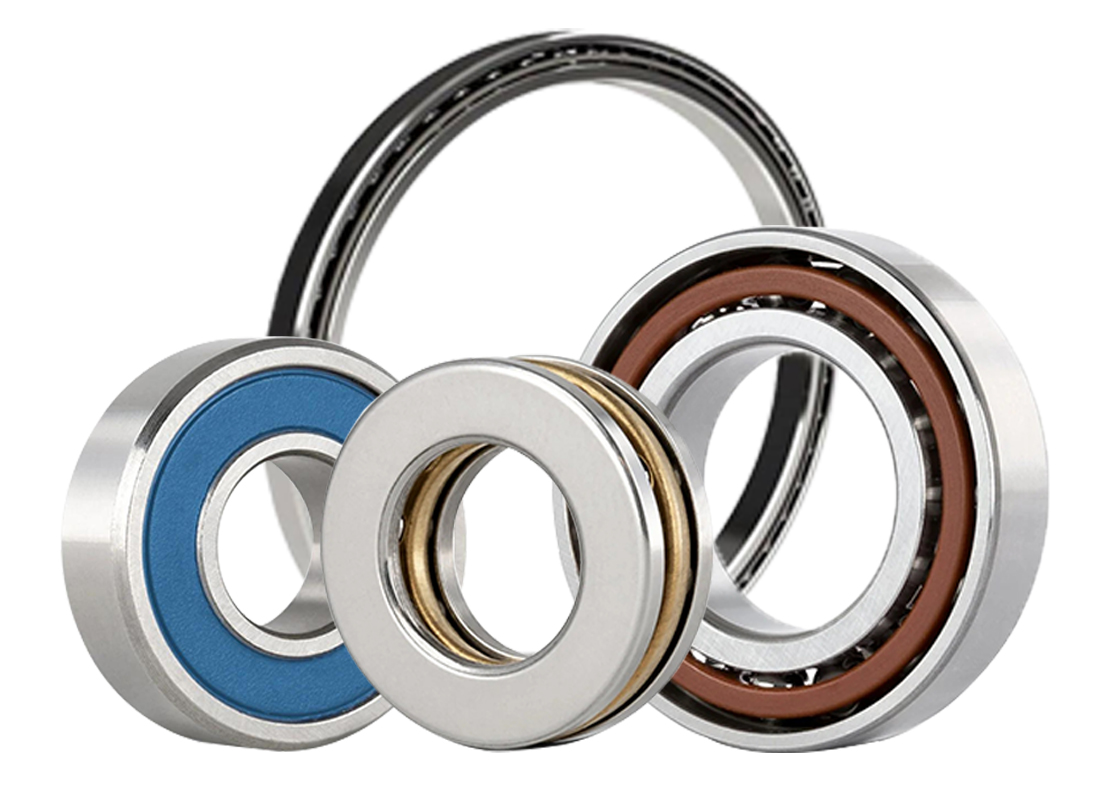
What Are Ball Bearings in a Car?
Ball bearings are essential components found in a car's wheel hubs, transmission, and certain engine parts. Comprising an outer ring, inner ring, steel balls, and a cage or a retainer, they facilitate the smooth rotation of these parts by minimizing friction.
Types of car ball bearings, such as:
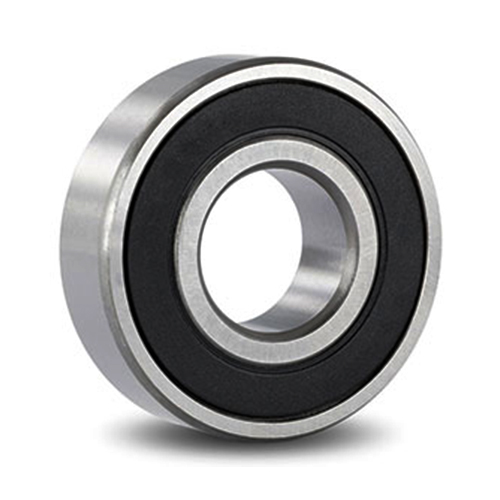
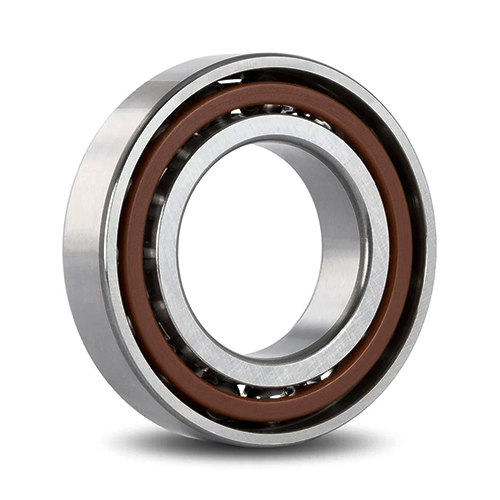
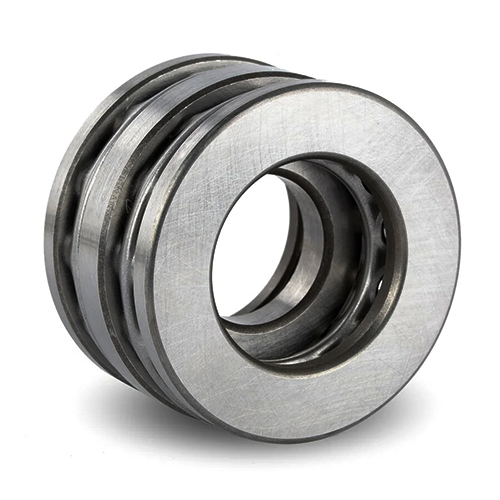
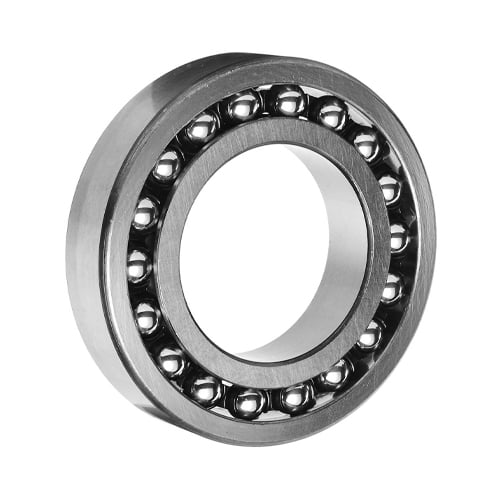
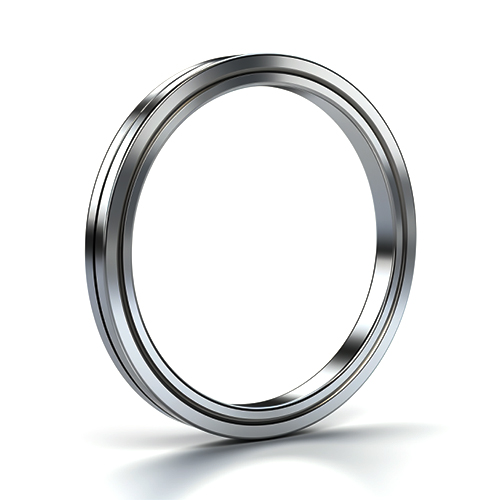
The primary function of car ball bearings is to allow parts, especially the wheels, to rotate with minimal resistance. This smooth rotation is crucial for maintaining consistent performance and preventing premature wear and tear. By reducing friction, ball bearings not only improve efficiency and fuel economy but also extend the lifespan of the parts they support.
Factors Affecting Ball Bearing Lifespan
Ball bearings are crucial to a vehicle's operation, but their longevity isn't fixed. Several factors can impact the lifespan of ball bearings in a car:
- Quality of Materials and Manufacturing: The lifespan of ball bearings hinges on the caliber of their materials and production methods. Superior steel and meticulous manufacturing yield longer-lasting bearings.
- Maintenance and Lubrication: Regular use of appropriate bearing lubricants is vital. It minimizes friction and shields against contaminants, directly influencing the bearings' longevity.
- Driving Conditions and Usage: Rough terrains, frequent stops, and extreme temperatures can hasten bearing wear, whereas consistent driving on smooth roads can prolong their life.
Signs of Worn-Out Ball Bearings
Ball bearings are crucial to a vehicle's performance, but like all components, they undergo wear and tear. Recognizing the early signs of wear can prevent costlier issues down the road and ensure safe driving. Here are clear indicators that your car's ball bearings may need attention:
- Unusual Noises: Should you detect grinding or clicking sounds, particularly during turns, it's a red flag. Such noises suggest that the ball bearings have lost their ability to provide a smooth rotation, a condition which, if left unchecked, might escalate to more pressing problems.
- Vibration or Shaking: A discernible increase in vibrations, predominantly noticeable in the steering wheel, is often a symptom of worn ball bearings. This vibration can be attributed to imbalances or uneven wear in the bearing mechanism.
- Uneven Tire Wear: If one side of your tires appears to wear out faster than the other, it's a potential sign. This asymmetrical wear indicates a disruption in weight distribution, possibly caused by failing ball bearings, which might subsequently jeopardize vehicle stability.
- Steering Issues: If the car responds sluggishly or exhibits delayed steering, treat it as a warning. Impaired ball bearings can compromise your steering control, posing genuine safety concerns.
- ABS Warning Light: The illumination of the ABS light on your dashboard might be more than just an ABS issue. Given that ABS sensors are designed to gauge wheel speed, deteriorating ball bearings can lead to inconsistent readings, thereby activating the warning.
- Excessive Heat: After a drive, if the wheel hubs radiate more heat than usual, it suggests that the ball bearings are working overtime, generating undue friction and heat. This condition can expedite their wear.
- Reduced Fuel Efficiency: A decline in MPG can sometimes be traced back to worn ball bearings. Their increased resistance demands more from the engine, culminating in reduced fuel economy.
Average Lifespan of Car Ball Bearings
Car ball bearings generally last between 85,000 to 150,000 miles (137,000 to 241,000 kilometers). However, their lifespan can vary depending on the vehicle type. For instance, heavy-duty trucks may experience more wear compared to compact city cars. What are car bearings' actual longevity? It is influenced by individual driving habits and vehicle models.
Extending the Lifespan of Ball Bearings
The lifespan of ball bearings on a car can be considerably extended by adhering to a few key practices:
- Regular Maintenance Routines: Scheduled inspections and servicing allow early detection of wear or potential issues, enabling timely interventions. Regular lubrication ensures that the bearings operate smoothly, reducing wear.
- Using High-Quality Bearings: Opting for premium quality bearings can increase their durability. Superior materials and manufacturing techniques often translate into a longer-lasting and more robust performance.
- Driving Habits for Minimizing Wear: Adopting a mindful driving style, such as avoiding harsh driving conditions or extreme temperatures, helps in minimizing wear on the bearings. Careful and considerate driving reduces undue stress and prolongs their useful life.
When to Replace Car Ball Bearings
Here are the guiding principles on when to consider replacing car ball bearings:
- Listening to Warning Signs: A keen observation of warning signs such as unusual noises, vibrations, or dashboard warnings is paramount. These signals often indicate the onset of wear and the necessity for further investigation.
- Regular Inspection by a Mechanic: Regular inspections by a qualified mechanic can uncover underlying issues with the ball bearings. Professional evaluation ensures that potential problems are identified and addressed before they escalate into more significant concerns.
- Importance of Timely Replacement to Avoid Further Damage: Delaying the replacement of worn or damaged ball bearings can lead to more severe complications. It may cause other related parts to wear down, leading to increased repair costs and compromising the vehicle's safety.
DIY vs. Professional Replacement
When replacing ball bearings on a car, both DIY and professional methods have merits.
DIY Replacement
- Pros: Cost-effective and offers personal satisfaction.
- Cons: Requires specialized tools and can be complex, with potential for errors.
Professional Replacement
- Pros: Ensures expertise, faster service, and often comes with a service guarantee.
- Cons: Generally more expensive due to labor costs.
Deciding between the two involves weighing cost considerations against expertise and potential risks.
Conclusion
Ball bearings on a car play a pivotal role in ensuring smooth operation and vehicle safety. Recognizing their importance, monitoring their condition, and opting for timely replacements are integral for optimal car performance. As a crucial component, ensuring their health directly impacts the longevity and safety of your drive. For those prioritizing quality, LILY Bearing stands as a trusted choice in the industry.
Keep Learning








